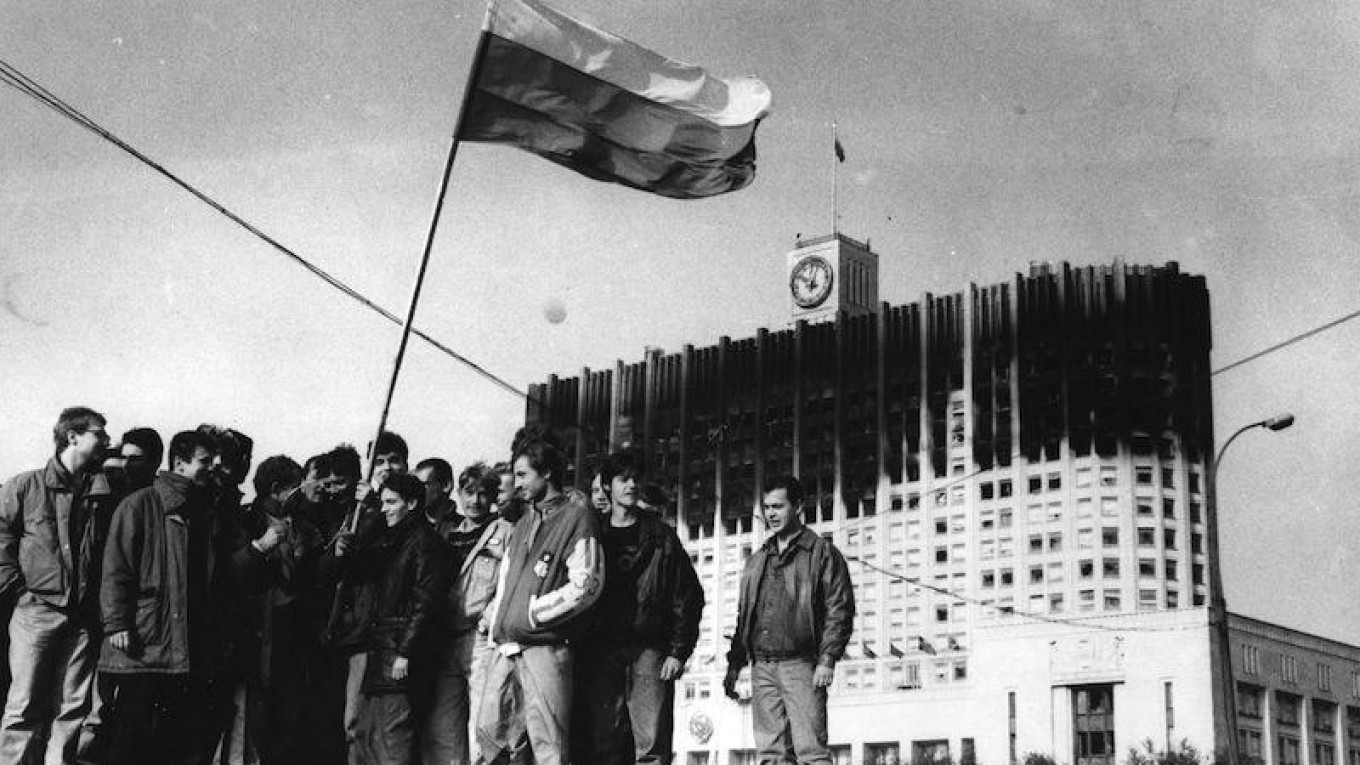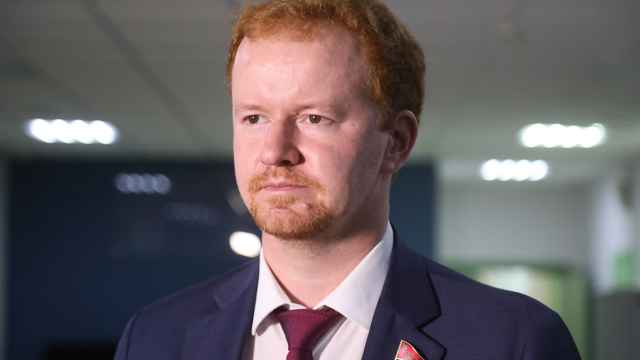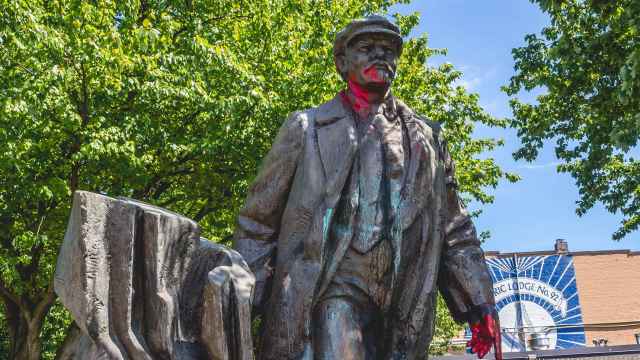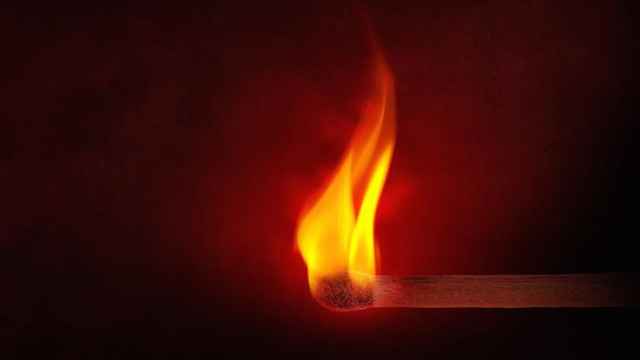The victims of Russia's violent 1993 constitutional crisis could be set to receive compensation.
More than 600 people could benefit from financial aid under a new bill submitted to Russia's State Duma by Communist politician Sergei Shargunov.
Shargunov has maintained that the proposals would not need additional funds from the federal budget.
“This little civil war in the center of Moscow is the key to our country's modern history,” he wrote on the Communist party website, “but it's still somewhat of a taboo topic.”
Russia's 1993 constitutional crisis erupted on Sept. 21, 1993, when President Boris Yeltsin stepped outside of his legally-recognized power and tried to dissolve the country's parliament: the Congress of People's Deputies and the Supreme Soviet. Politicians declared his actions to be void and attempted to impeach him, triggering a political stand-off.
The ten-day ordeal was ultimately resolved in Yeltsin's favor via military force.
Government estimates state that 187 people were killed, with 437 wounded. Other estimates put the death toll as high as 2,000.
A Message from The Moscow Times:
Dear readers,
We are facing unprecedented challenges. Russia's Prosecutor General's Office has designated The Moscow Times as an "undesirable" organization, criminalizing our work and putting our staff at risk of prosecution. This follows our earlier unjust labeling as a "foreign agent."
These actions are direct attempts to silence independent journalism in Russia. The authorities claim our work "discredits the decisions of the Russian leadership." We see things differently: we strive to provide accurate, unbiased reporting on Russia.
We, the journalists of The Moscow Times, refuse to be silenced. But to continue our work, we need your help.
Your support, no matter how small, makes a world of difference. If you can, please support us monthly starting from just $2. It's quick to set up, and every contribution makes a significant impact.
By supporting The Moscow Times, you're defending open, independent journalism in the face of repression. Thank you for standing with us.
Remind me later.






